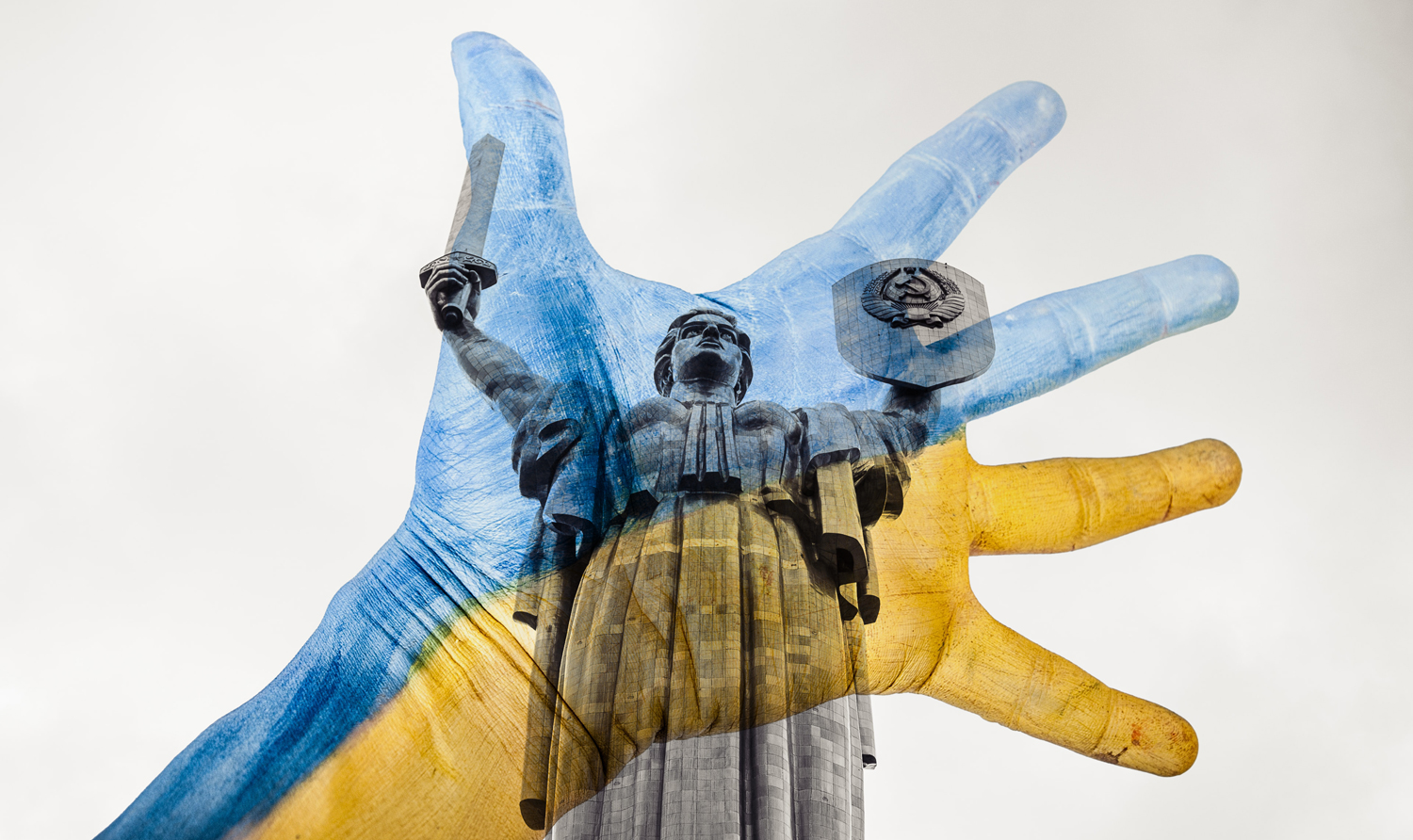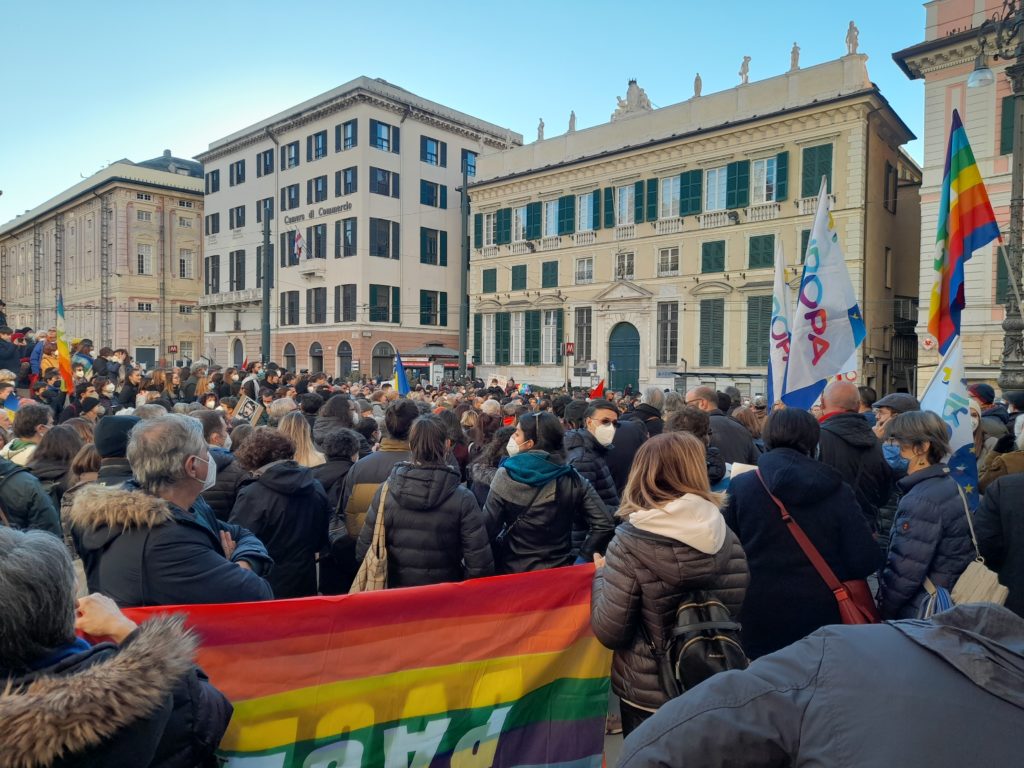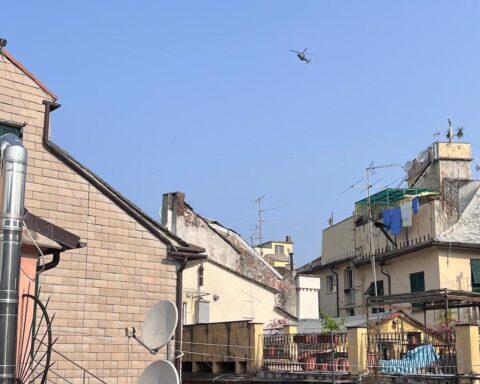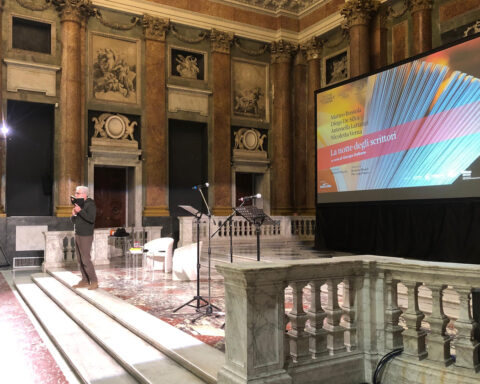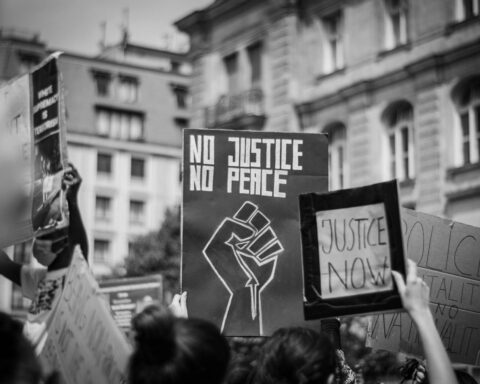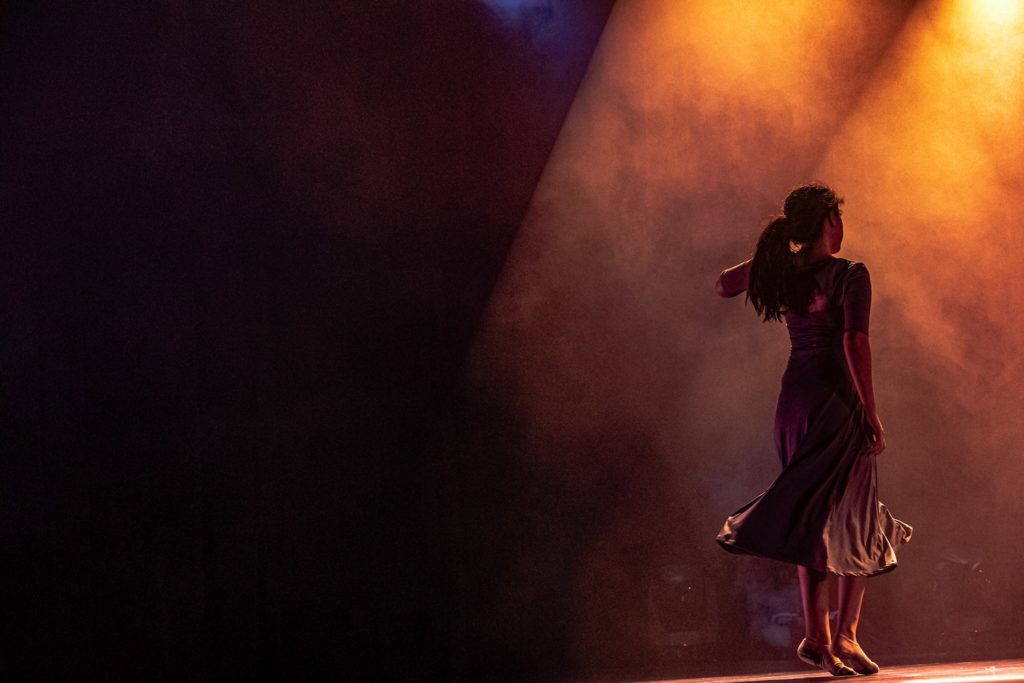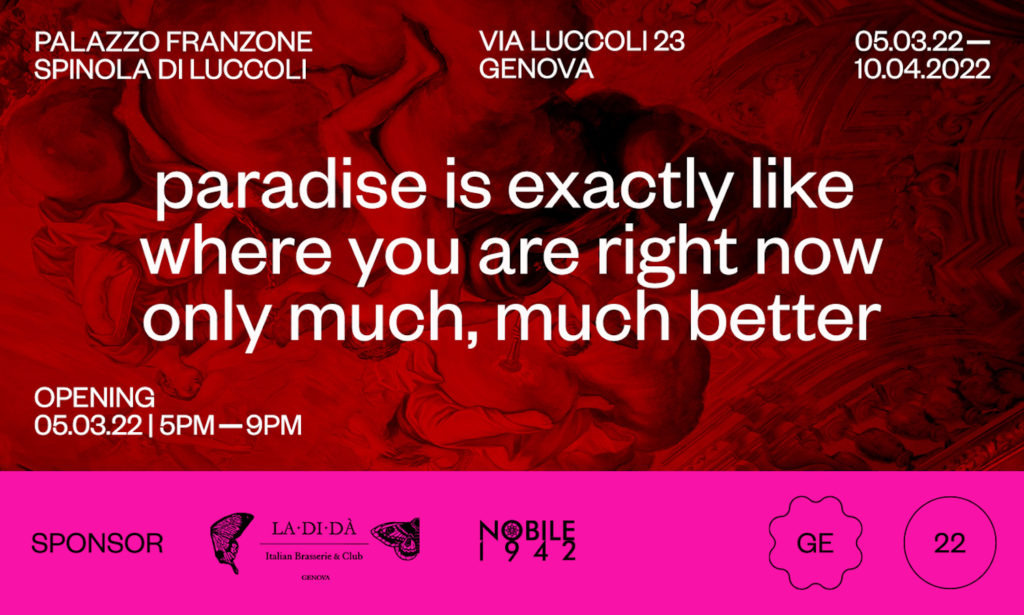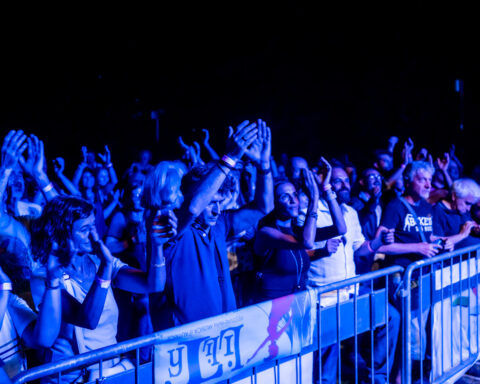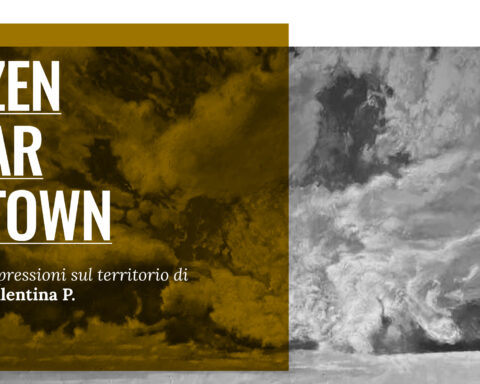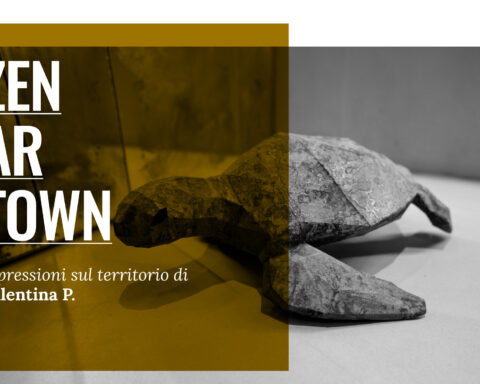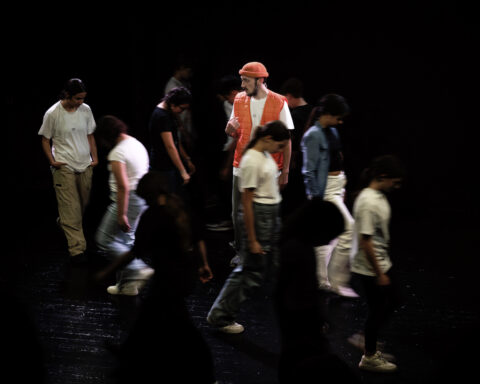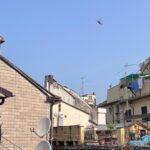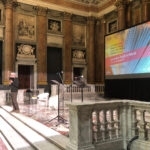I met Nina (fictious name) some years ago in Germany. Our paths separated: she went back to Ukraine to finish her studies in Political Science and now lives and works in Germany.
On the 21st February 2022, Nina was travelling with a friend in Italy and spontaneously came to Genoa for a day. We met up and finally caught up. Among other things, she agreed with enthusiasm to give an interview on the situation in Ukraine to wall:out magazine.
On the 24th February 2022, Russia declared war against Ukraine, where Nina ’s family, friends and people live.
To demonstrate our solidarity with the Ukrainian people and to understand what is happening, we want to give voice to the Ukrainian perspective.
Maria T: First of all, could you please briefly describe the historical relationship between Ukraine and Russia? In other words, how did we end up here?
Nina: You would have to go back in history or at least back to 2014 to understand what is going on right now. Despite having spent several centuries under Russian rule, Ukrainians never thought they were part of Russia, but rather a separate people with their own language, history and political aspirations
Putin’s propaganda has been spreading the idea that striving for a European identity is against the nature of things. This has been used to justify Russian ambitions to return Ukraine to the Russian sphere of influence.
He is trying to convince his people that the Soviet Union collapsed unlawfully, arguing that Ukraine, Belarus and Russia should return to their shared nationality as it was before 1991. But this is not the way Ukrainians see it.
In 2014 the first popular break-up with Russia happened.
Back then, we had a puppet regime. Then President Viktor Yanukovych took the post as the result of a rigged election and people didn’t support him. By 2013 resentment intensified. In 2013 the government was set to sign the Association Agreement to start the process of Ukraine’s political alignment and economic integration with the European Union.
But Yanukovych tried to play both sides. At the last moment, he changed his mind and made a U-turn to continue building relations with Russia.
That caught the people off guard. The same day the signing of the Agreement was called off, young people, mostly students, took to the streets at Independence Square in Kyiv, also known as Maidan. Despite the peaceful nature of the protest, they were violently attacked by the police.
The popular resentment at this unprovoked aggression prompted half a million people to show up the next day to the same place to protest against the government.
That’s how the Revolution of Dignity started. If our government didn’t want to move in the direction of the European Union, that meant we needed to change our government.
When revolutionary sentiment took shape, the Kremlin realized already that the situation was getting out of control. Keeping Ukraine within its sphere of influence was impossible without a puppet regime in place.
As a nation, most Ukranians wanted and still want to depart from their Soviet past. Putin’s survival logic, on the contrary, culminated in the idea of surrounding himself with outdated regimes like his own in Russia.
After the annexation of Crimea and the Russian de-facto occupation of Donbas, there was a general understanding that there was no going back to good neighbourly relations with Russia.
The attempt to combat the Russia-led separatists in parts of the Donetsk and Luhansk regions turned into a frozen conflict which has been going on for 8 years. Russia never acknowledged its involvement in the conflict, despite its clear financial and military support to the separatist groups. Throughout the years, Russia has used the conflict to accuse Ukraine of being a radicalized Nazi regime (a term they actually used) which oppresses people willing to join Russia.
My guess would be that Putin worked up the courage to invade openly at this specific moment because Western governments were experiencing a moment of vulnerability.
Germany, the leader of the diplomatic process back in 2014, is adjusting to a newly elected government and trying to find its frequency with the new challenges it is facing. The United States are still coping with the aftermath of a messy retreat from Afghanistan. Last but not least, Europe and the rest of the world have been dealing with the economic consequences of the Coronavirus pandemic.
The attention was just elsewhere.
I think Putin used this moment to start a full invasion because he saw it as a propitious moment to “correct” whatever happened in 2014 and return Ukraine to the so-called Russian world.
Ukraine, by looking up to the membership in the European Union, is a dangerous threat for Putin’s regime, because sooner or later the Russians will start wondering why a neighbouring country that has emerged from the Soviet Union just like them, is moving on at a faster pace.
It’s a ticking bomb for a dictatorial regime in Russia.
M: What does this invasion mean for Europe and for the rest of the world? What are the responsibilities of Western societies within this conflict?
Nina: I think it means several things. First of all, the fact that Putin actually invaded signals the relatively low performance of Western diplomacy at the early stages of the conflict.
During negotiations, Putin was basically testing the waters to see how the Western world would respond to an invasion, and Western societies failed to give a strong, severe, unanimous answer.
Russia saw this indecisiveness as an opportunity. If the West had been a bit more abrasive at the moment of discouraging Russia, perhaps we wouldn’t be here. On the other hand, Putin’s decision might have been made long before things started to escalate.
That said, I believe that it would be a greater failure not to act now.
After this diplomatic blow, not intervening now would weaken Western democracies’ international reputation, but most importantly, it would mean the failure of the Western block’s democratic values. Leaving behind Ukraine, a nation that has openly expressed its resolve to pursue a democratic choice, would very much look like letting an ally down.
Moreover, not supporting Ukraine now would be dangerous for Europe and the Western world. Ukraine geographically divides Europe from Russia, which makes it a frontier between the two civilizations.
If Ukraine fails as an ally to the West, it will become as much of a threat for Europe as Russia is for Ukraine at the moment.
M: How is the conflict perceived in Russia? How is it communicated?
Nina: I sometimes follow Russian news sources out of interest. Misinformation abounds.
To start with, according to the Russian media, what is happening in Ukraine is not war. Putin has always been careful about the words he uses, so he framed the invasion as a “special operation for the liberation of Ukrainian people”, which, according to his view, has been ruled by a Nazi government since 2014. This “Nazi regime” is accused of persecuting Russian speaking populations in Crimea and in the temporarily occupied terrotories in Donbas.
Another thing is that he clearly stated that the civilian population would not be targeted. What do we see going on right now?
Residential neighbourhoods, kindergartens and hospitals suffer first as Russian troops attempt to spread panic. Russia insists relentlessly that its troops suffer no casualties. According to official statistics, on the 28th February, Russia lost 5300 soldiers. At the current rate, Russian war-making in Ukraine is the deadliest it has ever been in any conflict since its independence.
If Russian people knew how deadly this “operation” is, I think we would be seeing more protests, which would not be easily sedated as military troops are in Ukraine. That would be as close to Putin’s ending as it gets, given that his ratings have been severely challenged after his inelegant handling of the opposition leader last year.
M: Do you notice any difference in how the conflict is described in Western news?
Nina: I can only speak for German and English-speaking media, so it would still be a bit of a framed view. I notice that they tended to adopt a pessimistic tone in the first days of war, almost foreseeing Ukraine as set to lose. This view is very much receding now that Ukraine is successfully standing up to the attack for the fifth day straight and the positions of the enemy are still the same as they were on the day the attack began [as of the day this interview took place, ed.].
The Ukrainian perspective is missing a lot. It feels like that Western news is filtered through the lens of Russian propaganda, as Russia is very good at employing information warfare.
It is important to understand how the current situation is evolving, but also how Ukrainians feel about it and what they are ready to do to deter the aggression.
M: If in the past weeks we heard little from the Ukrainian perspective, where does Ukraine stand now?
Nina: The focus on Ukraine was clearly missing during the diplomatic stage. It made sense because this was and still is a point of collision between two civilizations: Russia and the United States. But now that diplomacy has been put aside, I would say the world’s eyes are on Ukraine alone.
This moment is a test for the country, its leadership, its army and its overall commitment to the choice of its democratic path. At the same time, it is a test of our drive for independence and freedom.
M: And what is the role of President Volodymyr Zelensky?
Nina: During a series of diplomatic talks, we were missing a strong leader who could contrast Putin’s dangerous natural charisma. Zelensky was not the key player in negotiating a de-escalation, but once the war set in, he very much turned into that missing puzzle piece.
He refused to flee Kyiv, he is not hiding in bunkers as other politicians might have done, he speaks to the people twice a day regarding the latest developments and seems to find words that resonate quite well. It is hard to calculate, but support for the President and army as of today feels like it is at its peak since Ukraine’s independence.
It is very interesting to see Zelensky’s development as a politician.
A former comedian, he was first viewed with skepticism as a person who could lead his nation in times of war. No one, including Putin, expected him to be able to handle the situation. Yet, the world might have miscalculated him badly. Five days into war, and he is now viewed as a modern-day Churchill.
He and other capable politicians, such as the foreign minister Dmytro Kuleba view Ukraine as a project they are responsible for, and this sends a strong message to the West: Ukraine can choose a government that is not corrupt and that doesn’t leave the country in the darkest hours. I believe that economic sanctions were successfully taken also thanks to the approval of Ukraine’s leadership.
M: At this stage, what should foreign governments do?
Nina: Economic sanctions are the primary step. Cutting Russia off the SWIFT system is already a drastic measure. Not being able to use your card in the 21st century is quite unpleasant and hopefully this will provide an impetus for Russian people to resent their oppressive government.
They were already suffering but they just learned to live with it. Their voices are not heard at all and people are afraid to protest because they are being taken so violently by the police. It is then our responsibility to create conditions in Russia for people to actually rebel against the state of things. S
WIFT is going to hurt Putin too, as his power relies on a powerful oligarchy, which might soon rebel against him due to the consequences of his miscalculations.
But in the long term, economic sanctions won’t be enough.
The next step is to supply Ukraine with additional defensive weapons. Negotiations on this matter are already underway.
Another thing we want to happen is NATO securing our skies. NATO cannot deploy troops to Ukraine, but protecting the civilian population from airstrikes would give our army breathing space, especially as it has proved it can successfully resist Russian troops on the ground.
Lastly, foreign governments should speed up the process for Ukraine to become a member of the EU and NATO, because until we are part of these blocks, Russia remains a threat for Ukraine and thus the chance of another invasion remains high. A war in Europe, as we will learn soon, will hurt the EU. Preventing another invasion will require expanding the security architecture of the EU to include Ukraine.
M: What can we, western citizens, do to help Ukraine?
Nina: The future of Europe is being decided these days. The question is whether it will be a Europe with another independent democratic nation on the side of the West or a Europe with thousands of refugees and an ever expanding dictatorship to its East.
At the moment, Ukrainian troops are the only deterring force against the Russian army. It should be viewed by the Europeans as a force not just protecting the cities of Ukraine, but also the lawful borders of Europe.
As individuals we can always do something to help. Donate to the Ukrainian army including the volunteer resistance troops, who are currently in need of additional bulletproof vests and helmets due to increased interest of people joining the army. Ukrainians have themselves already raised over 50 million USD in just 3 days.
We are collecting donations here:
linktr.ee/voiceforukraine
––––
how-to-help-ukraine-now.super.site
You’d better realize this is something that affects you too. With war being waged some three-hour flight away from Italy, there is a high probability your country will need to prepare to take on refugees soon.
Preventing people from having to flee their home is in everyone’s interests. But at the end of the day, it is a matter of humanity to extend a helping hand.
Be as active as you can. Speak up. Join demonstrations. Try to feel empathy for Ukrainian people and speak with them to get an overall view on the ongoing war. Get informed and spread safe information.
M: How are Ukrainians holding up?
Nina: The battle is tough. But unlike the Russian troops, we feel a curious sense of pride as we stand with our army. Spirits are really high. It feels as right as it should when you are fighting against evil, knowing the truth and the whole world is on your side.
There is no scenario in which Ukraine gives up voluntarily, the stakes and expectations are much too high.
New Ukrainian generations were brought up in an independent Ukraine and older generations have no interest in going back to the Soviet Union. Even if Russia occupies territory, it will be impossible for Putin to control the Ukrainian people. The popular resistance will be devastating.
Last but not least, Ukraine is committed to its choices and is looking in the direction of Europe. In its darkest time since World War II, don’t let us feel like you abandoned us. Don’t give up on your allies. Don’t let Ukraine and the whole world lose faith in Europe.
Cover image:
The Motherland Monument in Kiev. Images by Maksym Tymchyk e Elena Mozhvilo
Write to the Author
Do you want to contact the Author to talk about the article?
Click on the button on the right.

